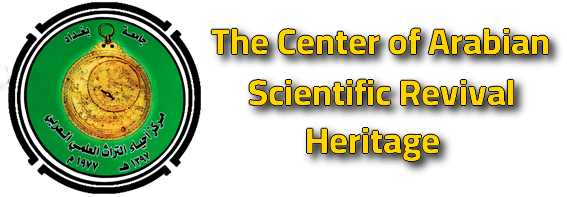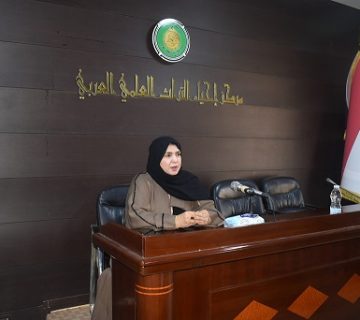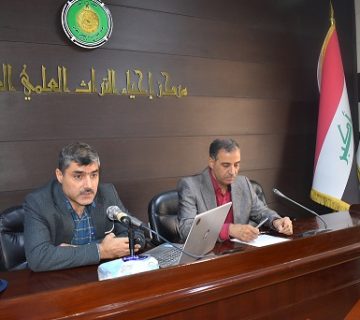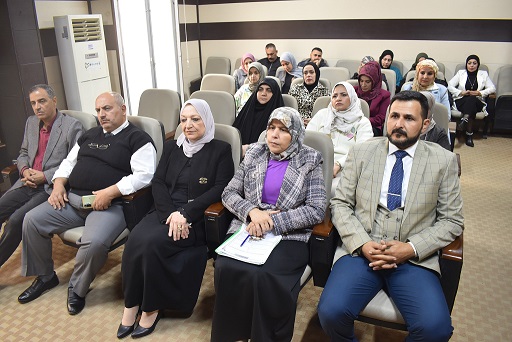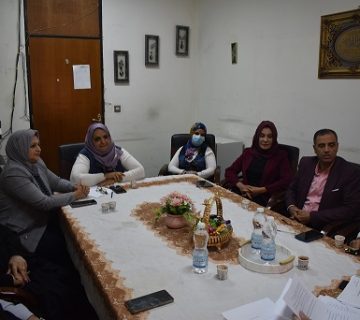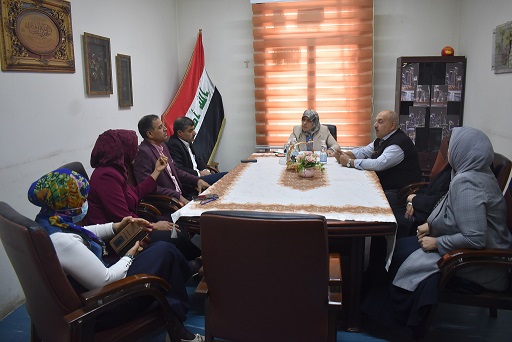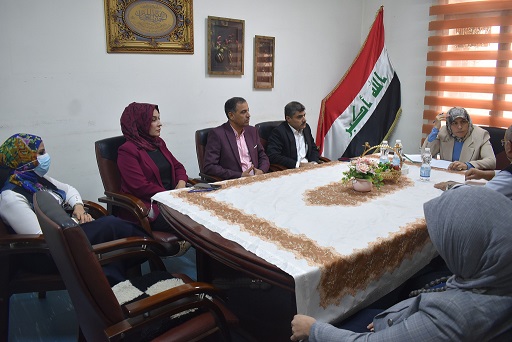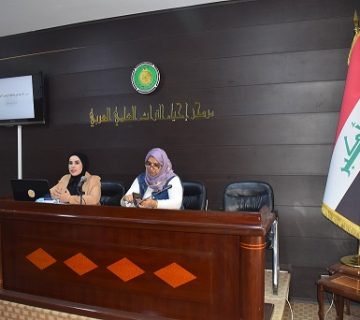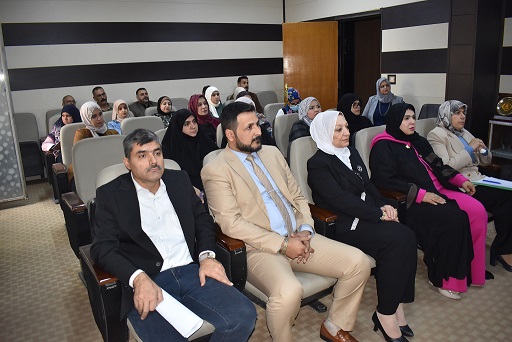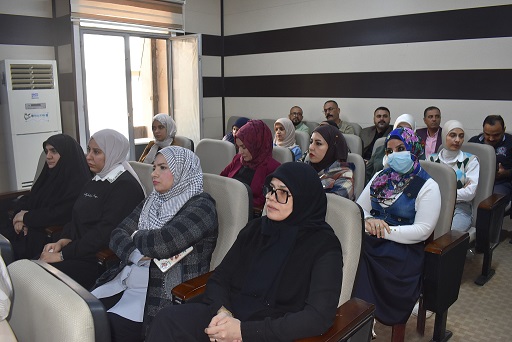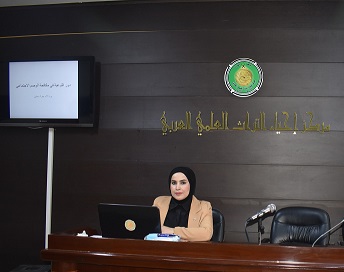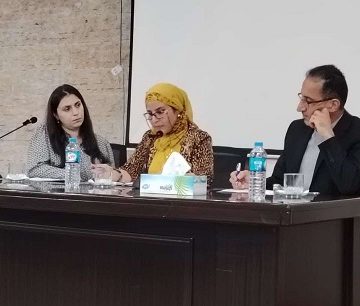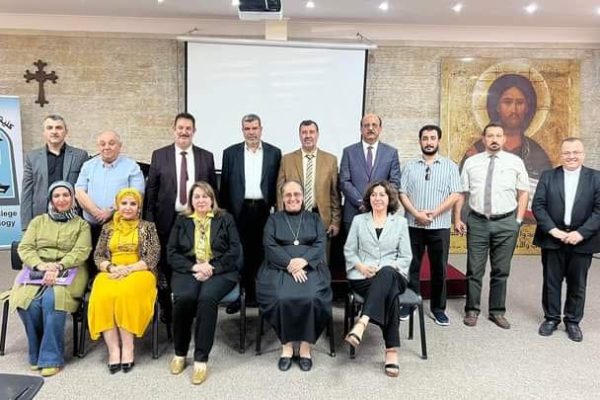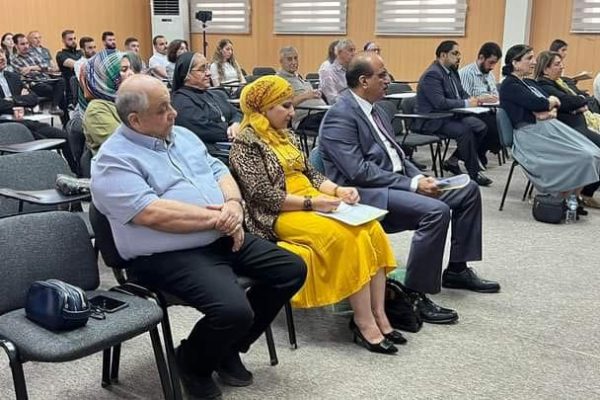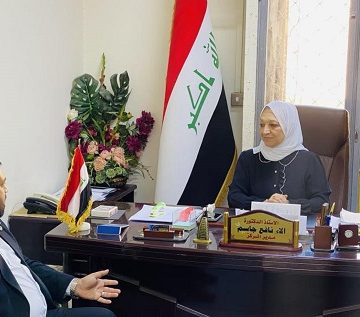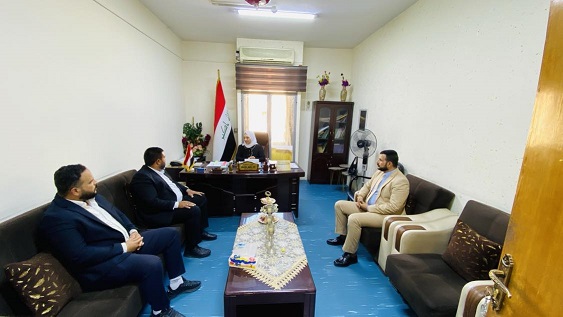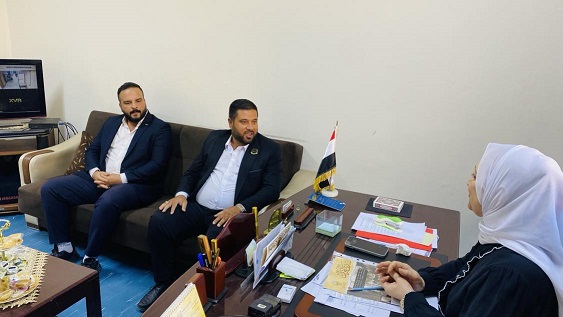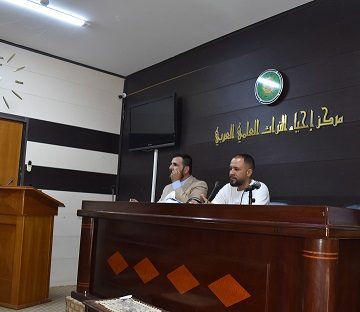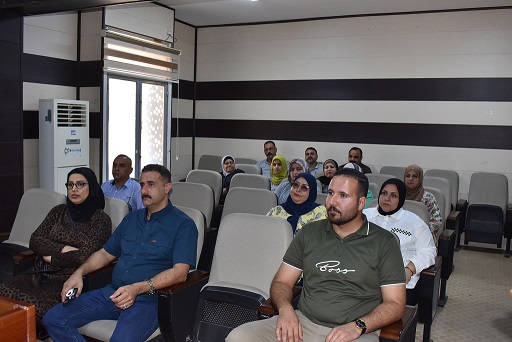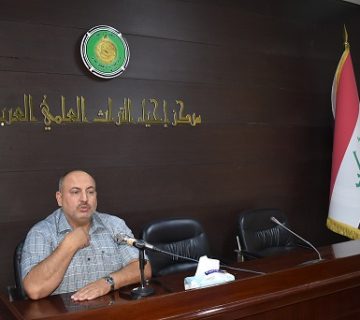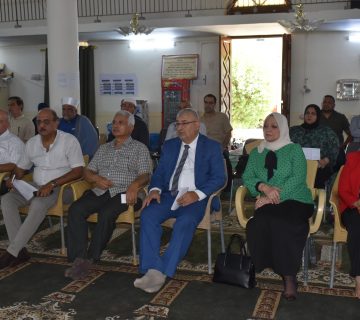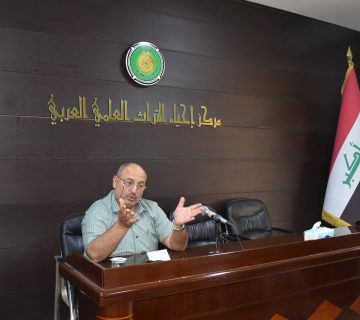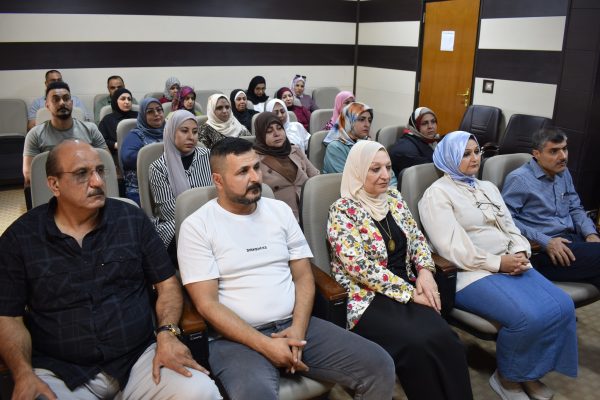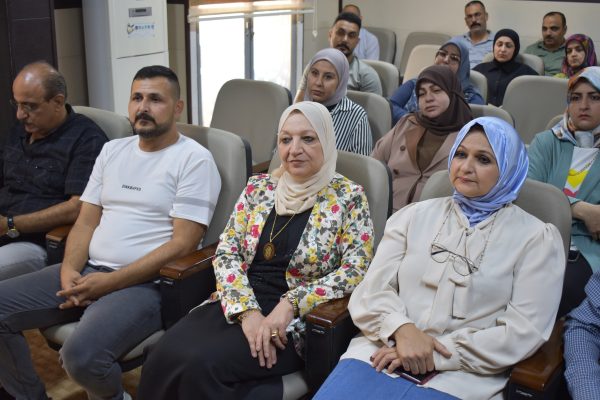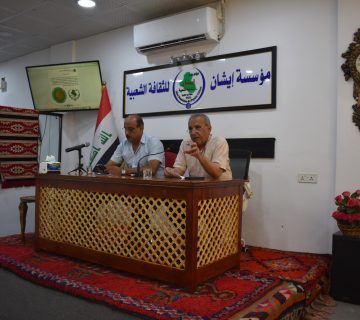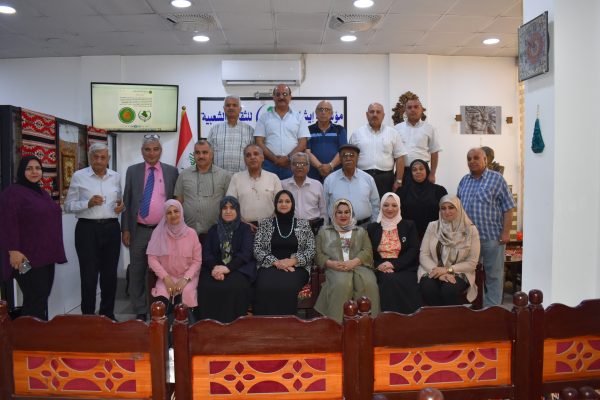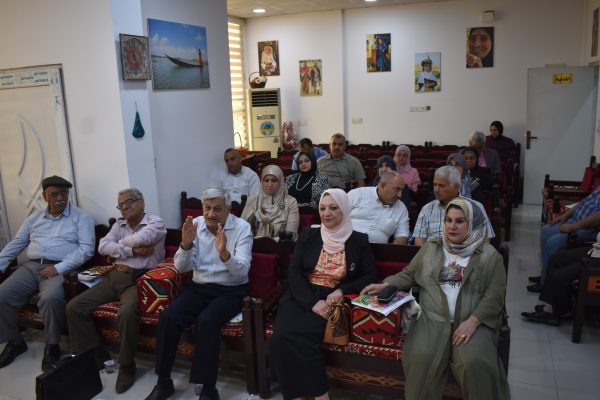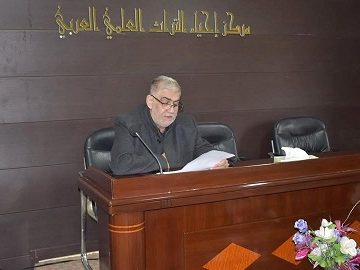
The center of heritage revival organizes seminar
The center of heritage revival organizes seminar :
Under the supervision prof. Dr. Alaa Nafea Jasim , the center of heritage organized seminar entitled (Bahaa Aldin Alamali and the importance of creation in Arabic math), the lecture is presented prof. Dr.Reyadh Saied Lateef who defined Bahaa Addin AlAmali (1621-1547) Lebanese-Iranian scholar and jurist whose full name is Sheikh Muhammad bin Hussein bin Abdul Samad Al-Harithi, he is famous for his writings and influence in several fields such as mathematics, physics, astronomy, philosophy, and poetry. He also played a role in developing Islamic education. The most important works presented by Baha’ al-Din al-Amili in the field of mathematics are contributions to arithmetic, geometry, and algebra. He worked on developing mathematical methods for calculating distances, dimensions, and areas. He also explained some mathematical issues that were common in his time and provided creative solutions to them, which helped improve scientific education methods. The lecturer added about his most prominent mathematical works “The Book of the Summary of Calculation”, which is considered one of the educational books in arithmetic and geometry. In this book, al-Amili presented arithmetic rules and geometric concepts, while clarifying the basic calculation methods that were adopted in the Islamic world. His style is characterized by accuracy and simplicity in explanation, with a tendency to use practical examples and exercises, which made it suitable for students and beginners in arithmetic and algebra. He also cared about building schools and supporting education and contributed to spreading sciences and knowledge. Encyclopedic scholars are considered Because of the diversity of his interests and the comprehensiveness of his knowledge, he combined religious and worldly sciences, making him a unique model of a multidisciplinary scholar who serves society in various fields
